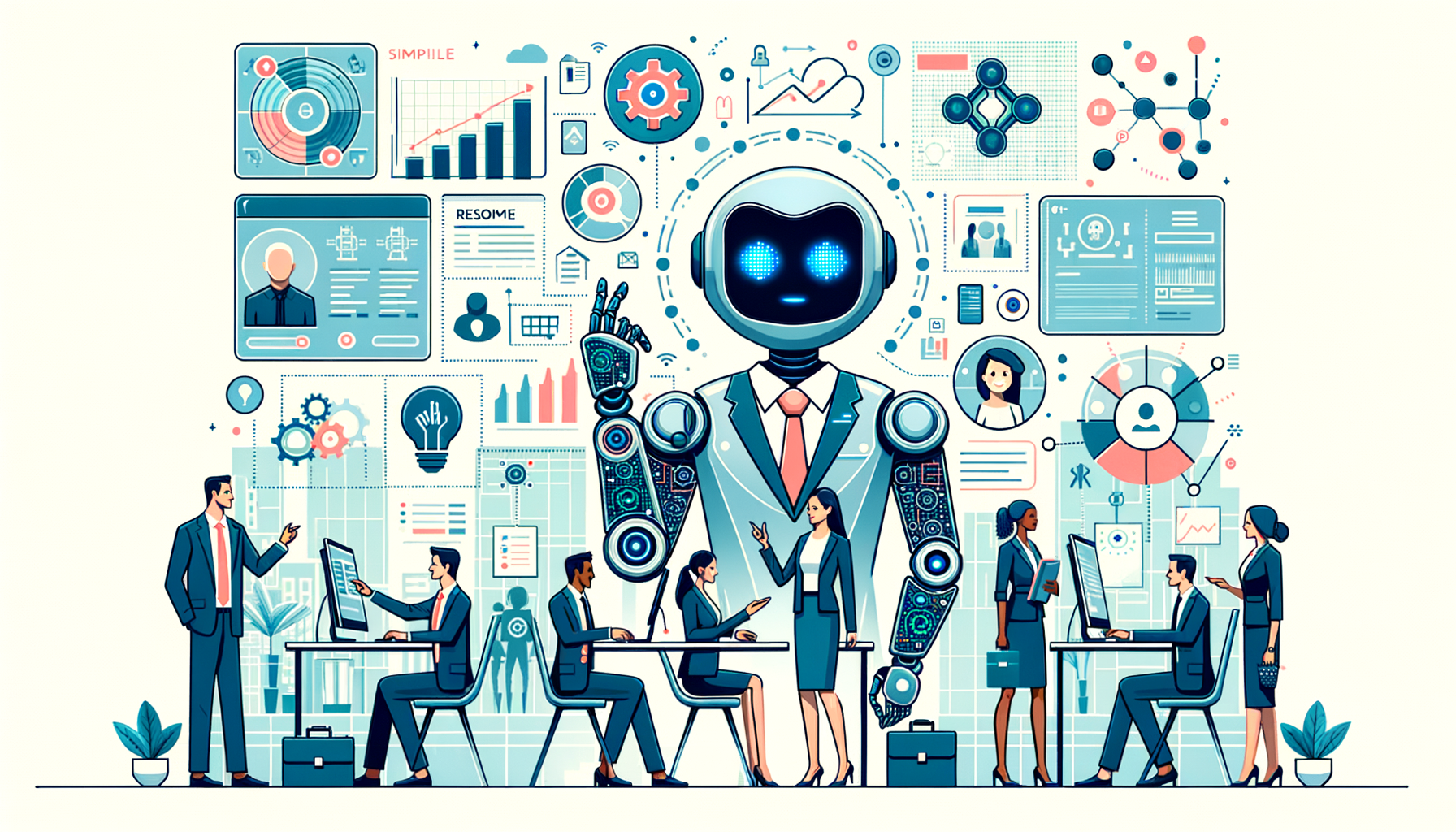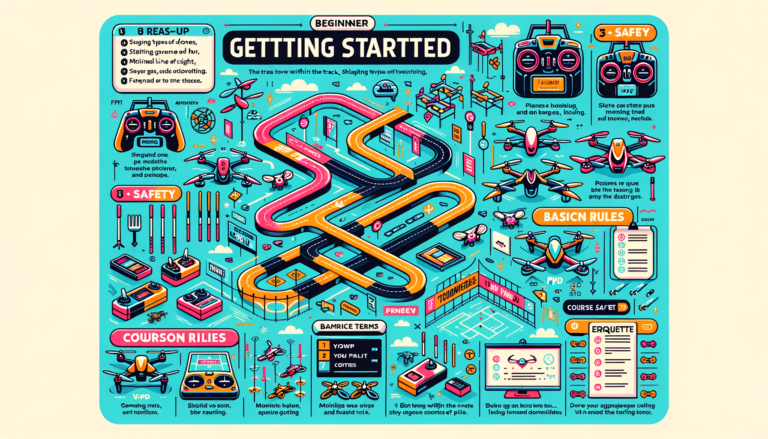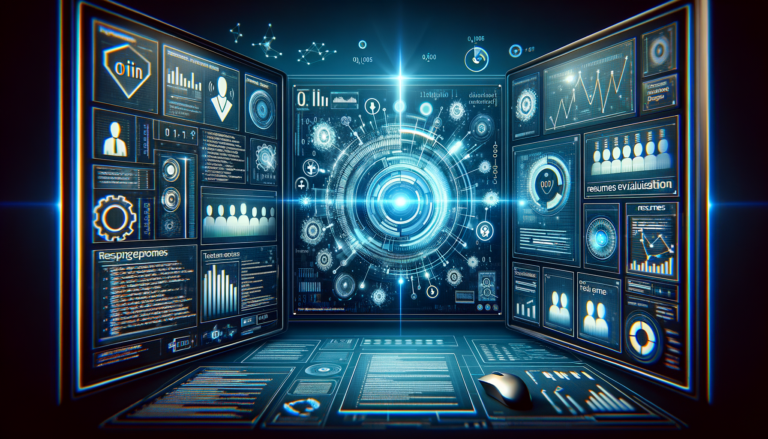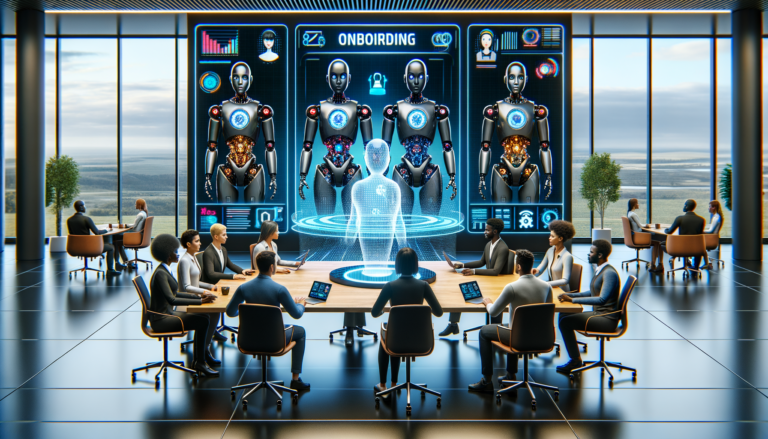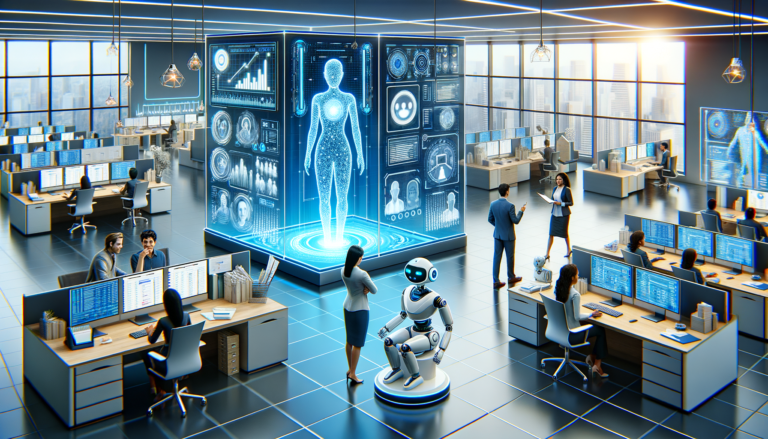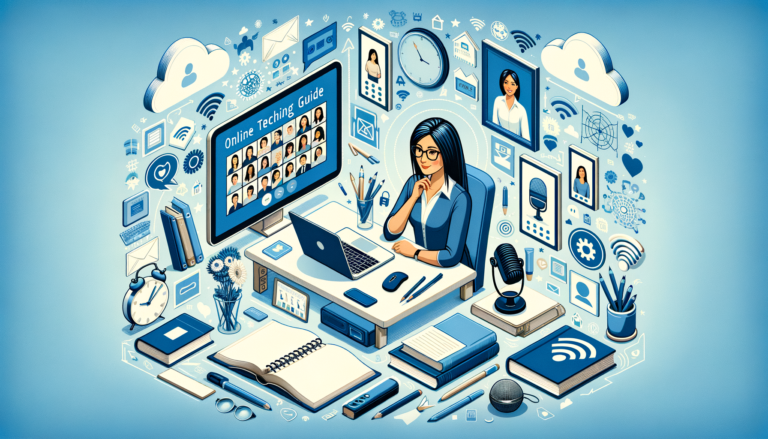Welcome to the exciting world of AI in HR! 🚀 Did you know that 50% of companies are already using AI for HR functions? If you’re feeling left behind, don’t worry – I’ve got you covered. In this guide, we’ll explore how artificial intelligence is revolutionizing human resources and how you, as a beginner, can start implementing these game-changing technologies. From streamlining recruitment to boosting employee engagement, AI is set to transform the way we manage our most valuable asset: our people. So, let’s dive in and discover how you can harness the power of AI to supercharge your HR practices!
Understanding AI in HR: The Basics
Let’s start by demystifying AI in the context of HR. Artificial Intelligence, or AI, is essentially the simulation of human intelligence in machines. But what does that mean for HR professionals? Well, it’s all about leveraging technology to streamline and enhance various HR processes.
In the HR world, we’re seeing a lot of buzz around machine learning and natural language processing. These are key AI technologies that are revolutionizing how we work. Machine learning helps us analyze vast amounts of data to make predictions and decisions, while natural language processing allows computers to understand and interact using human language.
Now, you might be wondering, “Is everyone jumping on the AI bandwagon?” The truth is, AI adoption in HR is still in its early stages. Many companies are experimenting with AI tools, but we’re not quite at the point where it’s ubiquitous. That said, the trend is definitely moving upward, and it’s exciting to see how it’s transforming our field.
Top AI Applications in Human Resources
So, where exactly is AI making its mark in HR? Let’s dive into some of the most popular applications.
First up, we have AI-powered recruitment and candidate screening. Imagine being able to sift through thousands of resumes in minutes, identifying the best candidates based on skills, experience, and even cultural fit. That’s the power of AI in recruitment.
Next, we’re seeing a rise in chatbots for employee support and onboarding. These virtual assistants can answer common questions, guide new hires through paperwork, and even provide basic training. It’s like having a 24/7 HR assistant!
Predictive analytics for workforce planning is another game-changer. AI can help us forecast future talent needs, identify potential skill gaps, and even predict employee turnover. It’s like having a crystal ball for your workforce!
Lastly, AI-driven performance management systems are helping us move beyond the annual review. These tools can provide continuous feedback, identify performance trends, and even suggest personalized development plans.
Benefits of Implementing AI in HR
Now, you might be thinking, “This all sounds great, but what’s the real payoff?” Well, let me tell you, the benefits are substantial.
First and foremost, AI brings increased efficiency and time savings. Tasks that used to take hours or even days can now be completed in minutes. This frees up HR professionals to focus on more strategic, high-value activities.
AI also enables improved decision-making through data-driven insights. Instead of relying on gut feelings or limited data, we can now make decisions based on comprehensive, real-time information.
Another big win is the enhanced candidate and employee experience. AI-powered tools can provide faster responses, personalized interactions, and more seamless processes throughout the employee lifecycle.
Last but not least, AI can help reduce bias in hiring and performance evaluations. By focusing on objective data and removing human biases, AI can contribute to more fair and equitable HR practices.
Challenges and Considerations for AI Adoption
Of course, it’s not all smooth sailing when it comes to AI adoption. There are some important challenges and considerations we need to keep in mind.
Data privacy and security are major concerns. With AI systems processing large amounts of personal data, we need to ensure we’re complying with regulations and protecting employee information.
There are also ethical considerations in AI-driven decision-making. We need to be careful about how we use AI and ensure that it’s not perpetuating existing biases or making decisions that could unfairly impact employees.
Integration with existing HR systems and processes can be tricky. It’s not just about plugging in a new tool; it often requires rethinking and redesigning our current ways of working.
And let’s not forget about employee resistance and change management. Introducing AI can be intimidating for some employees, and we need to manage this change carefully to ensure successful adoption.
Getting Started: Steps to Implement AI in Your HR Department
Ready to take the plunge into AI? Here’s how you can get started.
First, assess your organization’s AI readiness. This involves looking at your current technology infrastructure, data quality, and team capabilities.
Next, identify key areas for AI implementation. Where could AI have the biggest impact in your HR department? Focus on these areas first.
Selecting the right AI tools and vendors is crucial. Do your research, ask for demos, and don’t be afraid to ask tough questions about functionality, integration, and support.
Finally, develop an AI implementation roadmap. This should outline your goals, timeline, resources needed, and key milestones. Remember, implementing AI is a journey, not a destination.
Best Practices for Successful AI Integration in HR
To wrap things up, let’s talk about some best practices for successfully integrating AI into your HR processes.
First and foremost, ensure data quality and accuracy. AI is only as good as the data it’s working with, so make sure your data is clean, consistent, and comprehensive.
Provide proper training for HR staff. Your team needs to understand how to use AI tools effectively and interpret the insights they provide.
Maintain transparency in AI-driven processes. Be clear about how AI is being used and how decisions are being made. This helps build trust and acceptance among employees.
Lastly, regularly evaluate and refine your AI systems. Technology is constantly evolving, and so should your AI implementation. Keep an eye on performance, gather feedback, and be prepared to make adjustments as needed.
Conclusion
Congratulations! You’re now equipped with the knowledge to start your AI in HR journey. Remember, implementing AI in your HR practices isn’t just about staying competitive – it’s about creating a more efficient, fair, and engaging workplace for everyone. As you begin to explore AI solutions, keep in mind that the human touch will always be crucial in HR.
The goal is to use AI to augment and enhance your human capabilities, not replace them. So, what are you waiting for? Take the first step towards AI-powered HR today, and watch your organization transform before your eyes! 🌟 Have questions or need more guidance? Don’t hesitate to reach out to AI experts or join HR technology forums to continue your learning journey. The future of HR is here – are you ready to embrace it?

